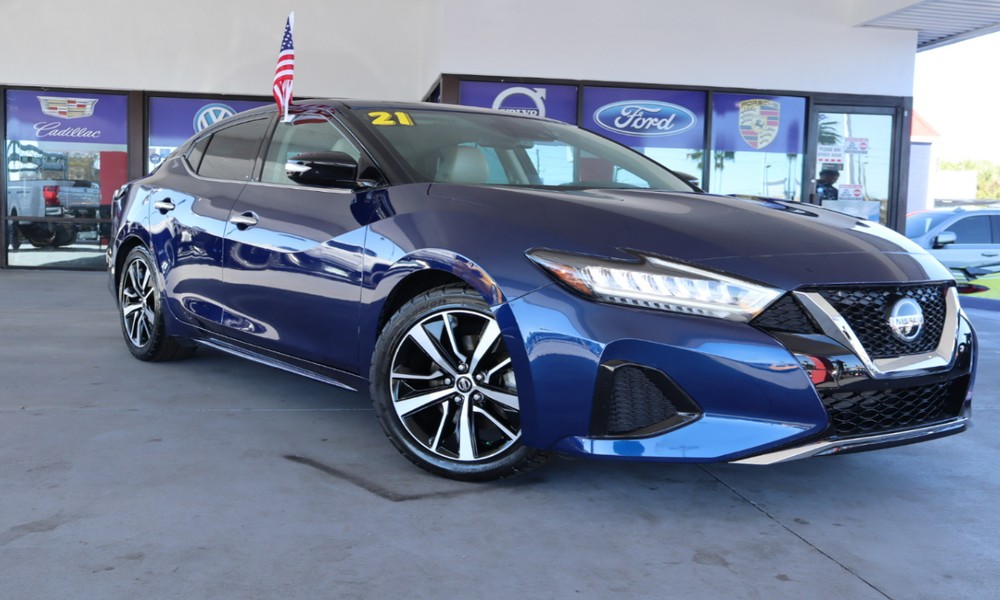If you’re planning to make the transition to electric vehicles, you’re certainly not alone. With increasing curiosity about EV cars in India, now is a great time to understand what owning one really means, especially if it’s your first electric vehicle. Let’s go over the essential basics you should know before making the leap.
Step 1: Know Your Driving Requirements
The first thing to consider is, “How far do I typically drive each day?” Most modern electric vehicles can comfortably handle daily commutes and routine errands. For example, electric SUVs available in India offers a range of over 210 km on a single charge, which is sufficient for most urban and suburban driving needs. However, if your trips often exceed this range, it’s important to check the availability of charging stations along your routes or consider an EV with a higher range.
Step 2: Charging Infrastructure
Charging is, without a doubt, the foundation of owning an electric vehicle. Understanding your charging options is key to a smooth and convenient EV experience.
- Home Charging:
Ideally, having a dedicated home charging point is the most convenient and cost-effective way to keep your vehicle ready to go. Installing a charger at home does require a parking space and some upfront investment, but it pays off in terms of daily ease and long-term savings.
- Public Charging:
Public charging infrastructure is steadily expanding across India, though availability can vary depending on the location. Fast DC chargers, for example, can power your EV from 10% to 80% in under an hour, making longer journeys much more practical.
- Smart Charging Tools:
Many EVs are now compatible with apps that help you locate nearby charging stations and schedule charging times to take advantage of off-peak electricity rates. These tools can make managing your EV’s battery more efficient and hassle-free.
Step 3: Explore Vehicle Features and Comfort
Modern electric cars are not just about eco-friendliness. They also come equipped with features that enhance your overall driving experience.
- Smart Connectivity:
Look for models with intuitive infotainment systems, such as a large touchscreen with wireless Apple CarPlay and Android Auto compatibility. These features help you stay connected safely while on the move.
- Climate Comfort:
Comfort is essential, especially given India’s varied climate. Features like tropicalised automatic air conditioning keep the cabin cool, even on the hottest days.
- Confident Driving Stance:
Some EVs offer an elevated driving position and high ground clearance, providing both confidence and excellent visibility on the road. These features are especially useful for Indian driving conditions.
Step 4: Regenerative Braking and Driving Experience
Electric cars often feel different to drive compared to petrol or diesel vehicles.
- Regenerative Braking:
This feature recovers energy when you slow down, helping to extend your driving range. It also affects how the brakes feel, so it’s a good idea to take a test drive to get used to the difference.
- Instant Torque:
Electric motors deliver power immediately, resulting in quick acceleration from a standstill. This makes city driving smoother, more responsive, and often more enjoyable.
Step 5: Customisation and Style
Your car should reflect your personality. Several EV cars in India offer extensive customisation options, including a variety of exterior colour combinations and accessory packs that allow you to personalise your vehicle’s appearance. This makes owning an EV not only practical but also a stylish expression of individuality.
Step 6: Consider Total Cost of Ownership
While the upfront price of an electric car may be higher than that of a comparable petrol or diesel model, the overall running costs are typically lower. Electricity is more affordable than fuel, and EVs require less maintenance due to fewer moving parts. In addition, government incentives and subsidies can further reduce the cost of owning an EV, making it a more budget-friendly choice in the long run.
Step 7: Warranty and Battery Life
Battery health is crucial in an EV. Most manufacturers, including Citroën, offer warranties on the battery pack, typically covering 8 years or around 100,000 km, which provides added confidence. Be sure to review the warranty terms and available service support before making a purchase.
Step 8: Safety and Advanced Features
Safety is a top priority when choosing any vehicle, and EVs are no exception. Look for models that offer a well-rounded suite of safety features. These should include multiple airbags, ABS (Anti-lock Braking System) with EBD (Electronic Brakeforce Distribution), electronic stability control, and hill hold assist.
Additional features such as rear parking sensors, a rear-view camera, ISOFIX child seat anchors, and speed-sensing door locks can further enhance safety, especially for families.
Conclusion
Purchasing your first electric vehicle is an exciting step toward embracing the eco-friendly driving experience of the future. Understanding your driving habits, charging options, vehicle features, and overall costs will help you make a well-informed choice that fits your lifestyle.
If you’re exploring various brands, Citroën cars in India are worth considering. For example, the new electric SUV Citroën ë-C3 offers a compelling package with a range of over 240 km, fast DC charging, and support for a standard 15-amp socket at home, eliminating the need for additional boards. It also features advanced comfort and extensive customisation options, all designed with Indian roads and climate in mind.








